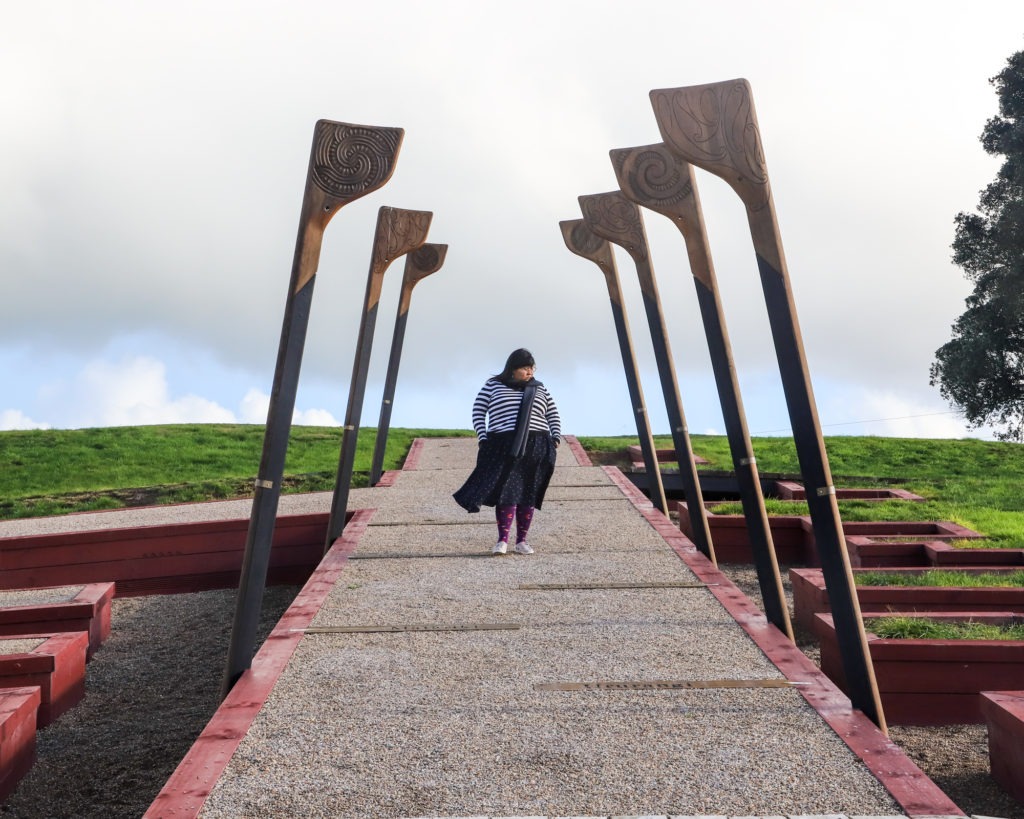I recently wrote a guest blog post on decolonizing travel for Franny The Traveler. Franny asked me and 15 other travelers who are Latinx, Asian-American, Indigenous, and White to answer three questions: what does the phrase “decolonize travel” mean to me, how am I actively engaged in the Black Lives Matter movement to decolonize travel, and what are steps travelers can take to decolonize their travel.
Here is an excerpt of my contribution (tap through to read and then come back here):
Decolonization is dismantling colonial structures so that other possibilities for a future can become reality. As such, decolonizing thought innately means imagining something different than the present, hopefully, a non-oppressive future where Indigenous and oppressed peoples are not under colonial control.
That’s quite a thought! It’s why makers of art, creative writings, music, traditional work, are important – they help to imagine different future possibilities that we can work towards.
So, what would I imagine for a decolonized travel industry as it relates to Indigenous peoples? Well, I don’t speak for all Indigenous peoples but personally, it would be great for my relatives whose livelihood relies on tourism to be able to practice their traditional work, have their needs adequately met, and not at the expense of having a fulfilling life. There is so much more that I could imagine, and, I’m sure, that you all could imagine.
I believe that decolonization is not just a thought experiment but an individual practice and collective process. I’m not an expert but I am still learning and on my own personal journey. I hope that by sharing some of my thoughts on decolonization that it may encourage you to find to start your own learning journey.
There are many resources, articles, and books, that one can read to learn more about settler colonialism and decolonization. I am sharing two articles and a website that has helped me at the start of my journey. These resources I have also shared with others when they have asked me for places to start reading about decolonization. These are not comprehensive nor the final say (as people have provided critique) but I believe they are a starting point for individuals to find their own resources.
-Nicky
- Arvin, M., Tuck, E., & Morrill, A. (2013). Decolonizing feminism: Challenging connections between settler colonialism and heteropatriarchy. Feminist Formations, 25(1), 8-34. https://www.jstor.org/stable/43860665 [FREE DOWNLOAD as of publication]
- Decolonization: Indigeneity, Education & Society. https://decolonization.wordpress.com
- Tuck, E., & Yang, K.W. (2012). Decolonization is not a metaphor. Decolonization: Indigeneity, Education & Society, 1(1), 1-40. https://jps.library.utoronto.ca/index.php/des/article/view/18630/15554 [FREE DOWNLOAD as of publication]




